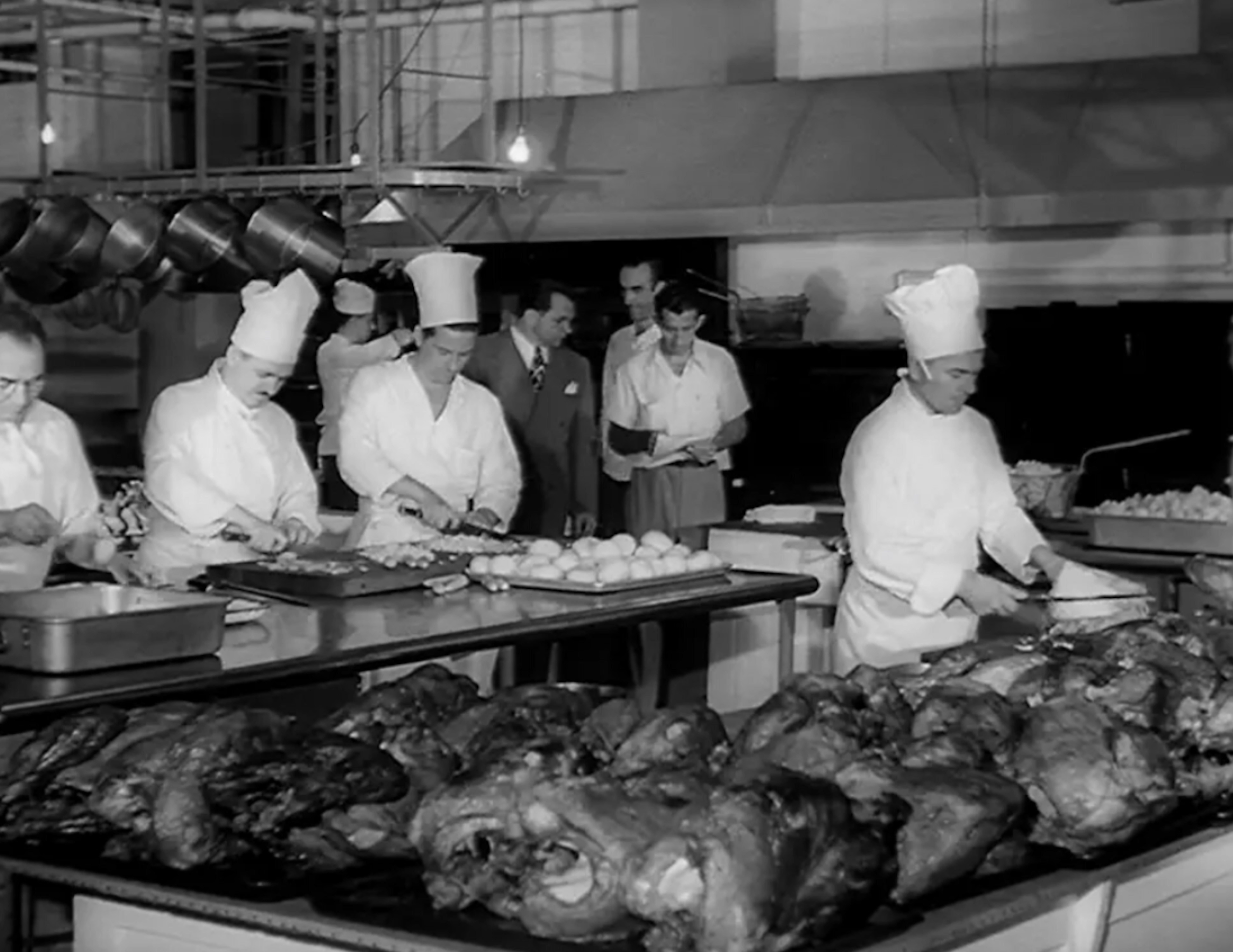Since 1945, our company Scientific Fire Prevention has been in the business of making the places we love as safe as possible for business owners and their customers. Helping small business owners and entrepreneurs by outfitting them with safety infrastructure has been a mission for our company since its inception. Throughout the tri-state area and northeastward, from New Jersey to New Hampshire, we’ve overseen health and safety best practices for more than 4,000 small businesses, hospitals, schools, airports, banks, restaurants, residential buildings and more. These days, the value of going beyond CDC guidelines to offer increased health and safety measures cannot be underestimated when your business is your lifeline.
We strive to always be innovating to meet the direct needs of our industry and our clients, both current and future. We are passionate about NPBI as a way to make a difference for business owners and their patrons, so the decision to add this to our roster of services was not a hard one.
To share a few of the most common questions we get:
- What is NPBI? Ionization systems that combat viruses through the process of BiPolar Ionization have been operating since the late 1800s. With NPBI, the production of unwanted by-products, including ozone, normally associated with ionization technology is eliminated. The NPBI technology should not be associated with the older, ozone producing, BiPolar Ionization systems. NPBI technology as it is today, has been used for particle reduction, odor control, pathogen control, energy savings and static electricity control for more than a decade. It’s currently installed in more than 150,000 HVAC units in hospitals, airports, offices, schools, and residential buildings globally.
- Why should I consider NPBI now? Previous studies had proven the technology’s effective elimination of airborne viruses such as H1N1/Swine Flu, H5N1/Avian Flu and more. In March of 2020, as health authorities exhibited concern about the threat of airborne transmission, NPBI was tested for effectiveness against COVID-19. Testing conducted by Innovative Bioanalysis, a certified safety reference laboratory, showed that the technology could combat SARS COV-2 particles within a treated area in 30 minutes.
- How does Scientific’s NPBI by GPS work? NPBI works to clean indoor air by leveraging an electronic charge to create a high concentration of positive and negative ions. When air passes over the NPBI ion generators inside HVACs, the particles found in the air are energized by ions. These ions travel through the air continuously seeking out and attaching to particles. This sets in motion a continuous pattern of particle combination. As these particles become larger, a chemical reaction occurs where the cell membrane breaks down, evaporates and is eliminated from the air. The airflow of an HVAC unit distributes these ions into all of the spaces served by the system.
- How is Scientific’s NPBI by GPS different from other NPBI technologies? Scientific’s NPBI by GPS is unique among NPBI technologies because it does not produce harmful ozone or environmental harm while in use. With the ease of installation and no maintenance required on the part of the business owner, our hope is that the technology we’re offering will be one powerful part of the process of safer reopenings. The life of each install is predicted to be 10+ years with no regular maintenance required. Additionally, Scientific’s NPBI by GPS is accessibly priced.
- How do I install Scientific’s NPBI by GPS? In the New York tri-state region, Scientific Fire Prevention can facilitate installations in less than a day within two weeks of inquiry — case dependent, of course.
As business owners ourselves, we understand that every business has different needs and decisions can have monumental consequences. We work closely with our clients to determine if Scientific’s NPBI by GPS feels right for them, right now. The range of businesses we’ve worked with is a testament to how other business owners feel our technology adds value. Top NYC restaurants like Le Bernardin, Philippe By Philippe Chow, and Avra Madison Estiatorio had Scientific Fire Prevention install our technology ahead of indoor dining’s reopening this past September. Right now, the technology is also installed at leading financial services organization Cross River Bank in Teaneck, New Jersey. For any business interested in cleaner, safer air, we are here to meet the moment.
To find out more about Scientific Fire Prevention, we encourage you to check out our website, www.scientificfire.com, and follow us on Twitter for ongoing updates, twitter.com/scientific_fire.


